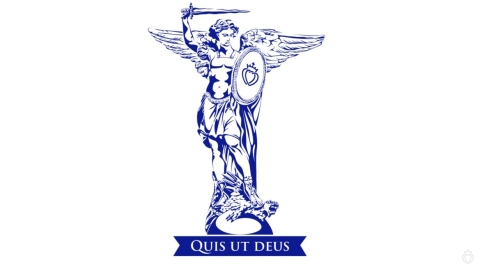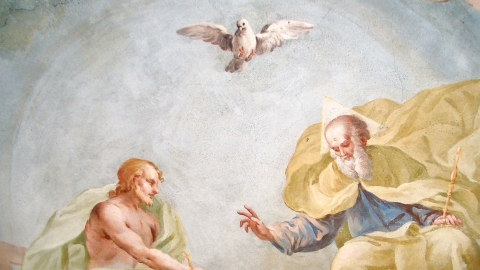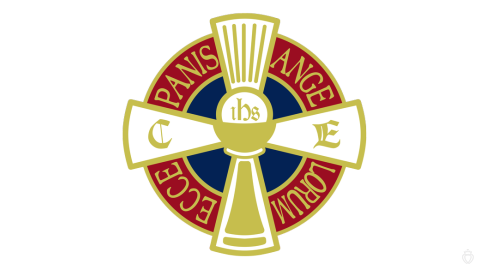Maundy Thursday - Love to the End

Sermon for Maundy Thursday: In Cena Domini
Jesus knowing that his hour was come that He should pass out of the world to the Father, having loved His own who were in the world, He loved them unto the end. (Jn 13:1)
+
My dear brethren,
The invitation
The next few days recapitulate the reason for our existence and the history of the redemption of man. There is a metaphysical principle, I have mentioned it before: BONUM DIFFUSIVUM SUI - Goodness diffuses itself. God Who is Goodness itself, by His very nature, wishes to diffuse Himself, to share Himself. By creating the universe, the heavens and the earth He diffuses His magnanimous power. By creating the plants and the animals He diffuses His artistic beauty. And by creating beings with an intellect and a will - man and the angels - He diffuses the ultimate goodness which is the possibility of loving Him – freely and uninterestedly.
For the angels, the moment of their creation was the moment of their choice. They do not reason slowly like man but see everything at a glance and make their choice in an instant. Some chose to love God above all things, some chose to love themselves before God.
For man, who must labour to understand, who must reason - passing from one truth to the next - his choice is at the end of his life, but is determined by how he leads his life. All are invited to the ultimate goodness possible to man - the consummation of love - which is the union of man, body and soul, with the Divinity.
The Old Testament is a prelude to this invitation. It is courtship, a wooing of His chosen race, the race by which he would become the Sovereign Pontiff: the bridge that brought God and man together, that made possible the consummation of love.
The culmination of this courtship was the murder of the Wooer, the murder of the Sovereign Pontiff, the murder of the would-be Lover. They, who prided themselves as having God on their side, killed Him because their love was for the world and not for Him.
But the Lover would share His goodness, and, as the ultimate example of bringing good out of evil, He turned this murder into the means by which he might consummate His love.
Blessed Sacrament
The Blessed Sacrament, is the means by which the Lover consummates His love with man. It is the means by which He unites Himself to us physically and spiritually, naturally and supernaturally, in a finite manner and in an infinite manner.
When two people love each other, they wish to be close to each and to share all their possessions, material and spiritual, with each other. But, no matter how much they love each other, there is always a limit to their closeness, a limit to the possessions that they can share. But when Our Lord Jesus Christ loves us, when we turn to Him, His love knows no bounds. Physically, his embrace is closer than any embrace between husband and wife. Spiritually, he shares himself far more than any lovers might share their most profound thoughts and affections. He shares His life itself.
It is a love which is natural - for He is a man like us - and love which is supernatural - for He is God. And our recipricated love is a love which is finite when it comes from our natural virtue and love which is infinite when it is born of the supernatural virtue of charity.
Answering the invitation
My dear brethren, we exist to love and to be loved by God. We are invited share in the ultimate Goodness, but for us to arrive at this end, we must love God above all things in the way the He would have us love Him which is the way of the Cross. We must love Him by to the end and at the end: at our last last conscious moment. This night of Maundy Thursday two thousand years ago, the sacrament of His love was instituted. Tomorrow, Good Friday, the reality behind the sacrament is commemorated. Let us ask the grace during this Mass that we might receive this sacrament as a sign of our reciprocated love, and that we may live our lives henceforth as a commemoration of His Passion so that when our hour should come to pass out of the world, we might love Him freely, uninterestedly and supremely to the end.
+





